6 Campuses Across Northeast Indiana
Each of our locations offers a unique set of services to help you live senior life your way.

THE VILLAGE AT
ANTHONY BOULEVARD
South Anthony Boulevard | Fort Wayne, Indiana
Senior Living Apartments, Short Term Rehabilitation, Assisted Living, Long-Term Care, and Memory Care
Learn More
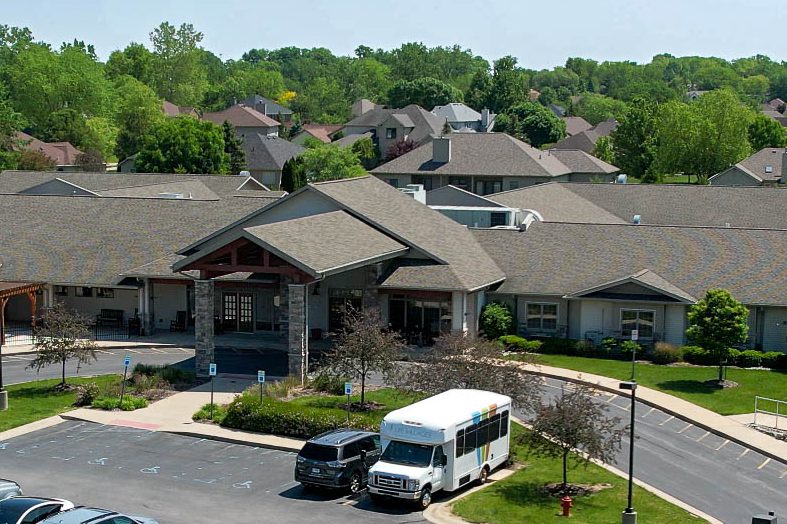
THE VILLAGE AT
PINE VALLEY
Coldwater Road | Fort Wayne, Indiana
Short Term Rehabilitation and Long-Term Care
Learn More
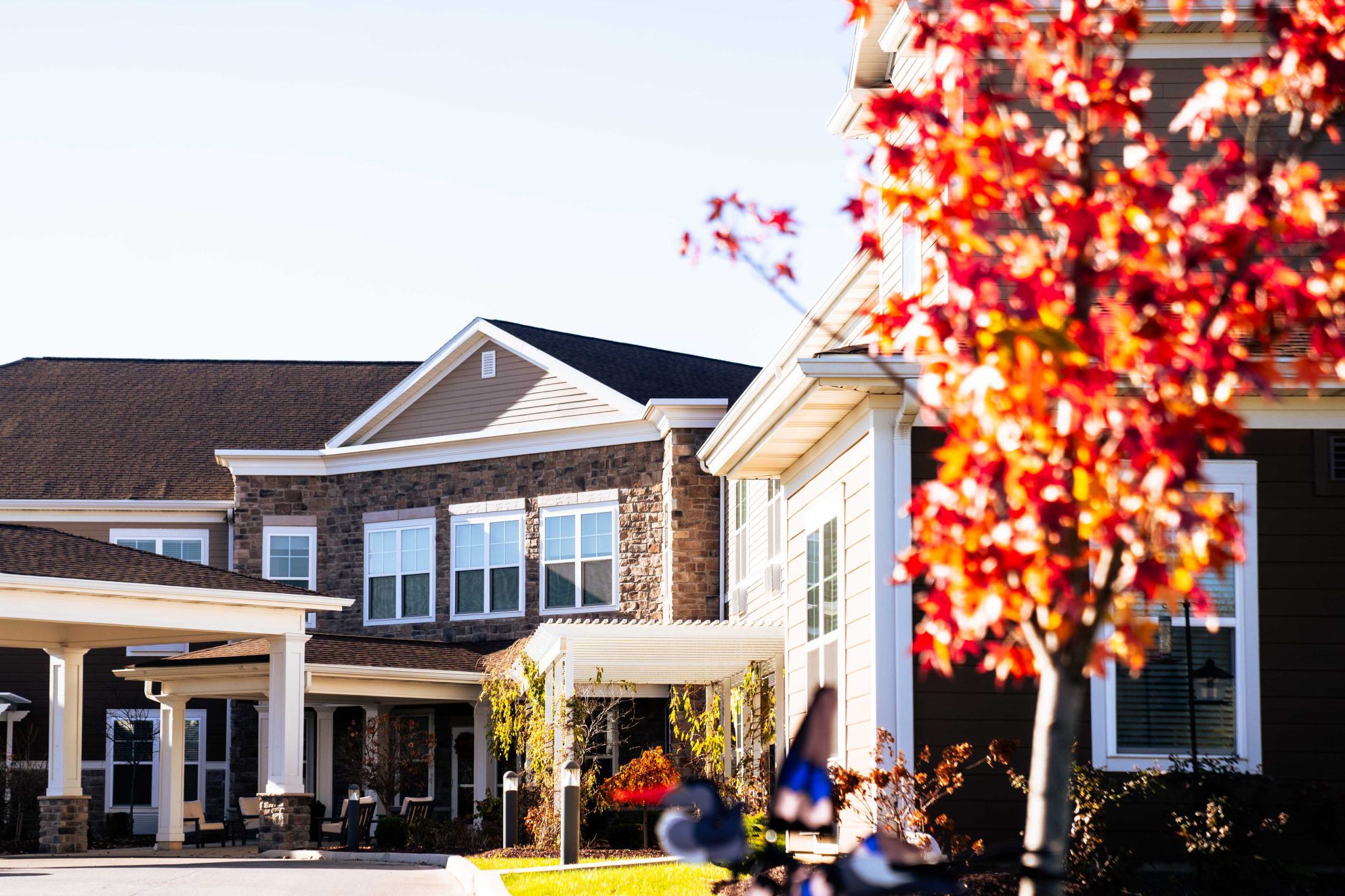
The Village at Pine Valley Assisted Living
Coldwater Road | Fort Wayne, Indiana
Assisted Living and Memory Care Assisted Living
Learn More
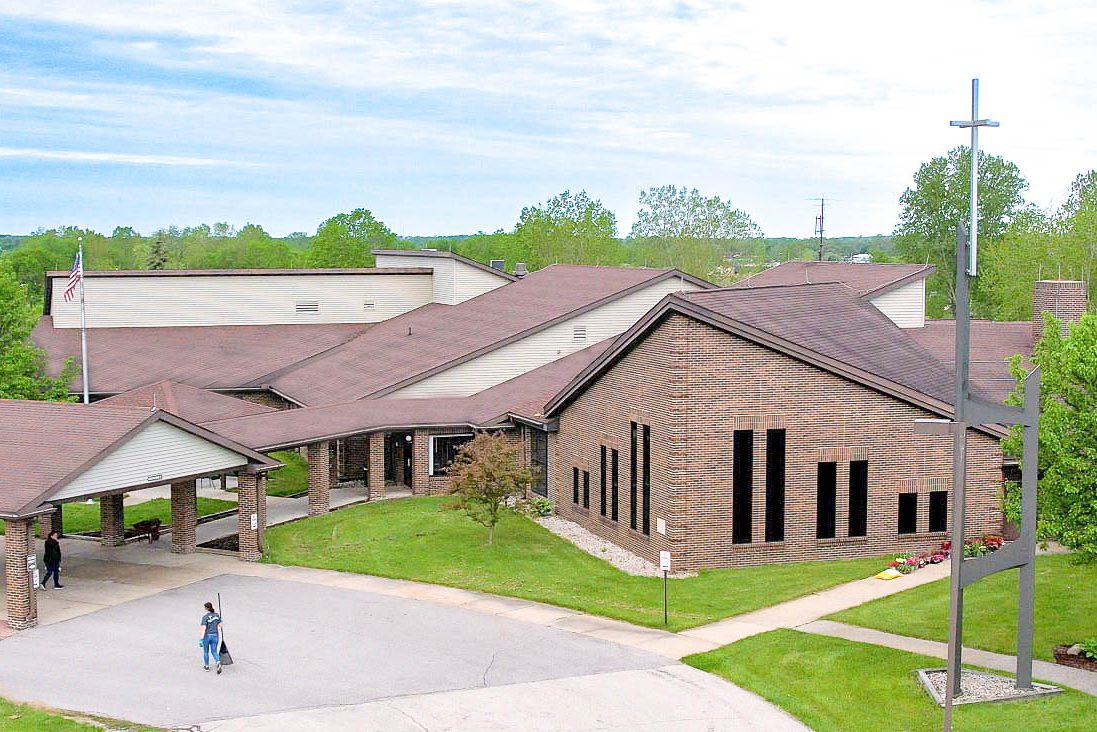
THE VILLAGE AT
KENDALLVILLE
North Allen Chapel Road | Kendallville, Indiana
Short Term Rehabilitation, Long-Term Care and Memory Care
Learn More


Glencarin Boulevard | Fort Wayne, Indiana
Innovative “Pocket Neighborhood”
for Active Adults
Learn More
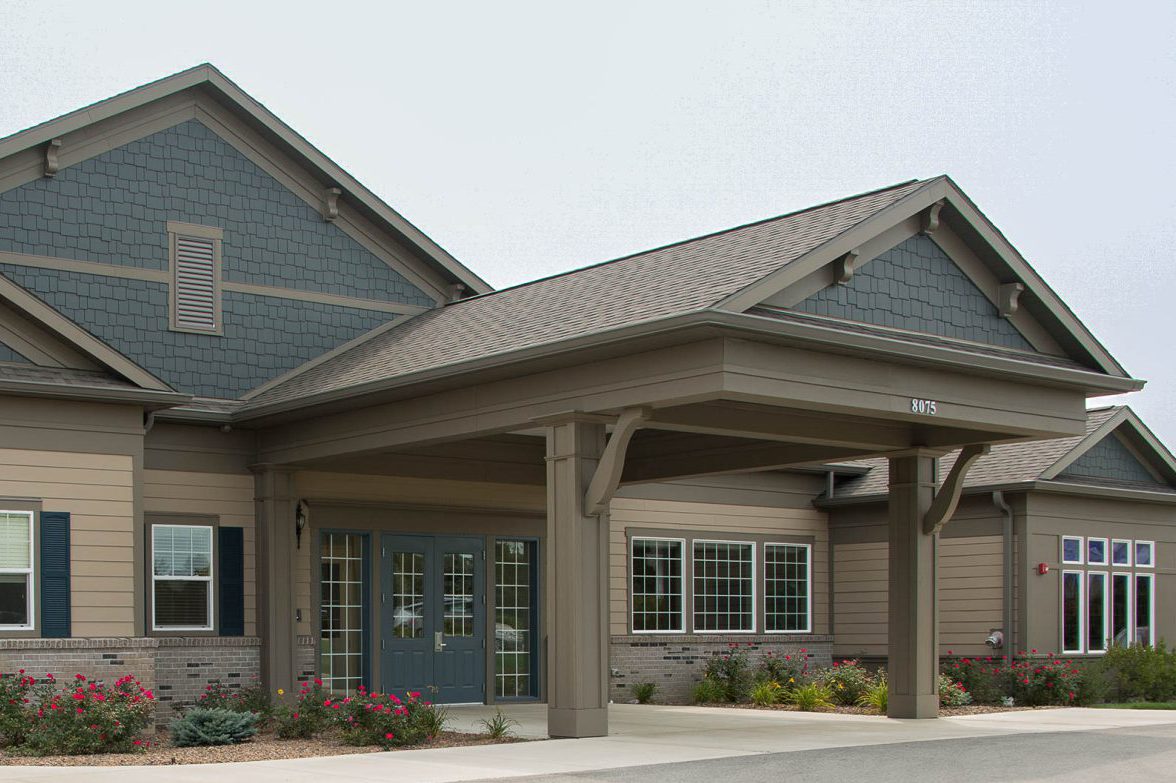
THE VILLAGE AT
INVERNESS
Glencarin Boulevard | Fort Wayne, Indiana
Memory Care Assisted Living
Learn More

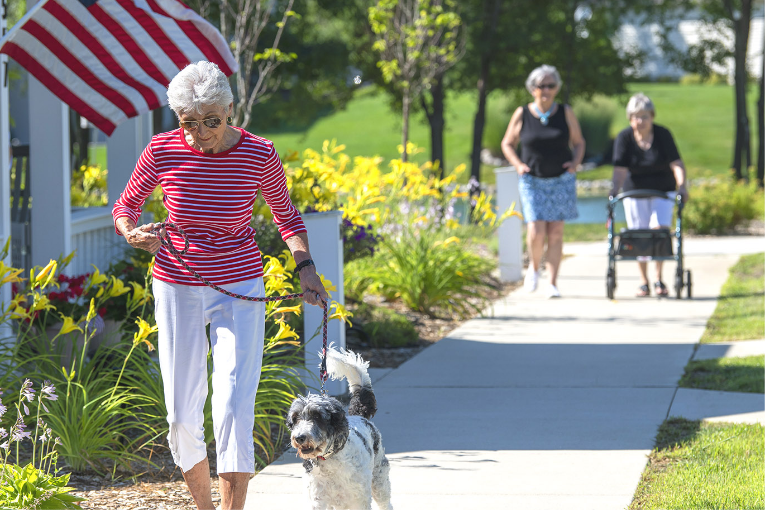

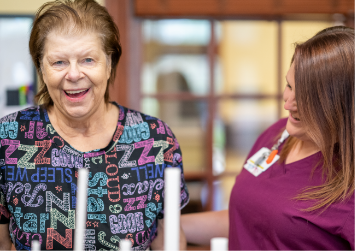


 top
top